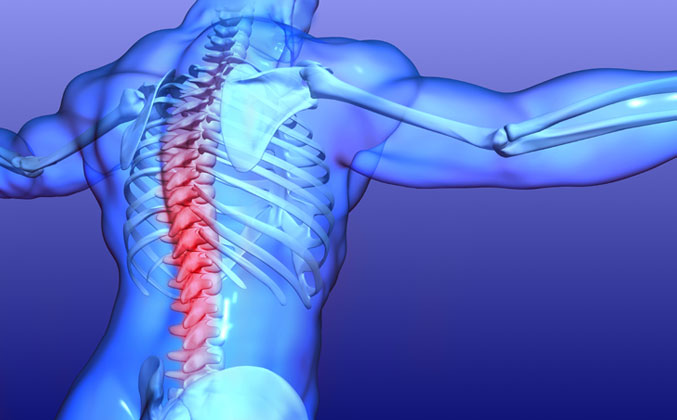A spinal cord injury (SCI) is damage or trauma to the spinal cord that results in loss or impaired function, causing reduced mobility or sensation. According to the World Health Organisation, a spinal cord injury (SCI) is one of the most devastating and life–changing injuries that a person can sustain.
However, following medical and rehabilitation intervention, and with the relevant support, a SCI is not only survivable but an individual can continue to lead the life that they had envisaged prior to injury.
Common causes of damage to the spinal cord include trauma from a car accident, gunshot, fall, or sports injury. Diseases such as Transverse Myelitis (TM), Cauda Equina Syndrome (CES), Guillain-Barre Syndrome and Friedreich’s Ataxia can also result in a spinal cord injury.
A spinal cord injury is very different from back injuries such as ruptured discs, spinal stenosis or pinched nerves. The latter involves musculoskeletal and peripheral nerve changes, where as a spinal cord injury involves damage to the central nervous system.
This short informative video explains the impact of a complete and incomplete spinal cord injury.
Next: Spinal Cord Injury Levels


